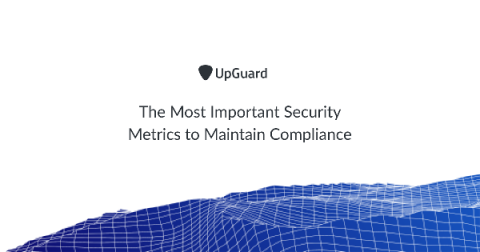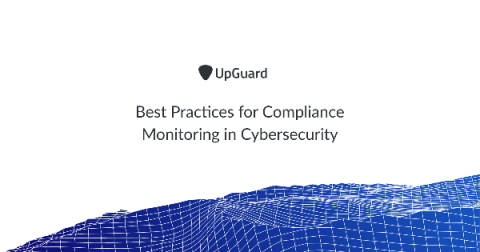Audit Checklist for Social Compliance
A social compliance audit, also known as a social audit, is an effective way to determine if an organization is complying with socially responsible principles. Social compliance refers to how a company protects the health and safety as well as the rights of its employees, the community, and the environment where it operates in addition to the lives and communities of workers in its distribution chain and its supply chain.






